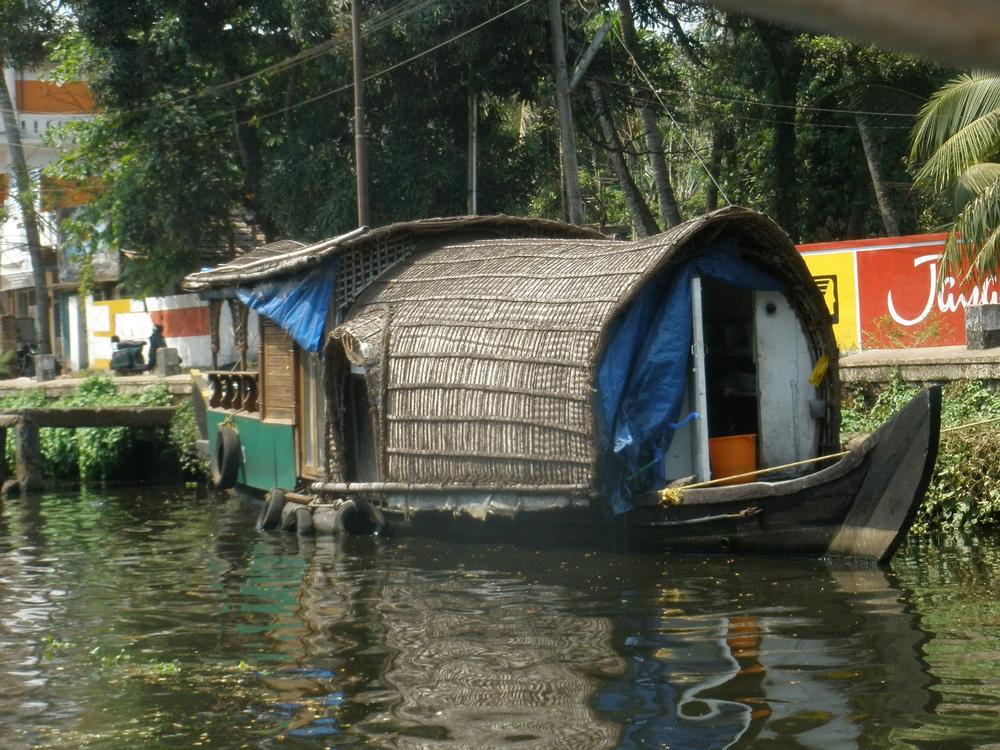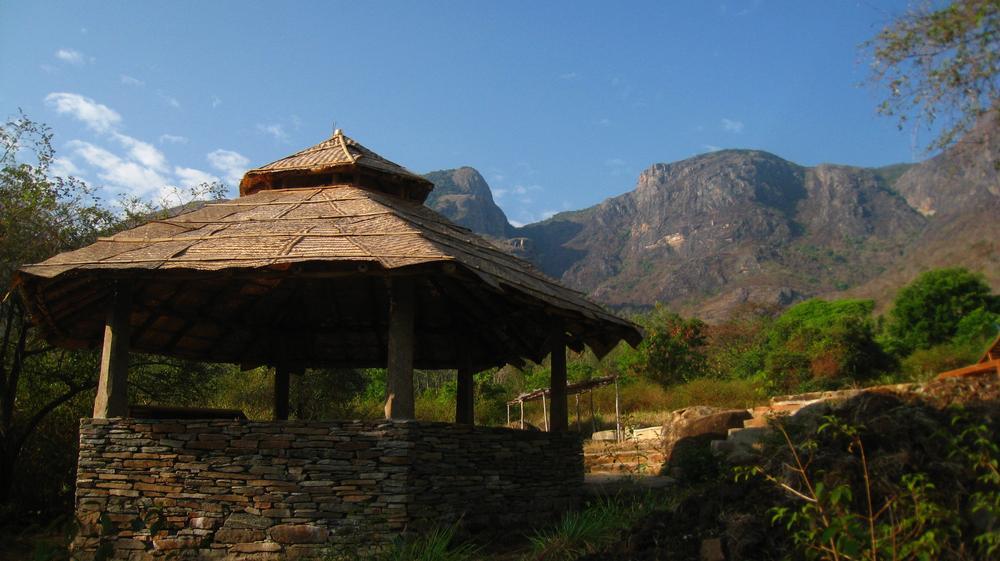
Roukema Center for International Education
Office of Study Abroad & Off-Campus Programs
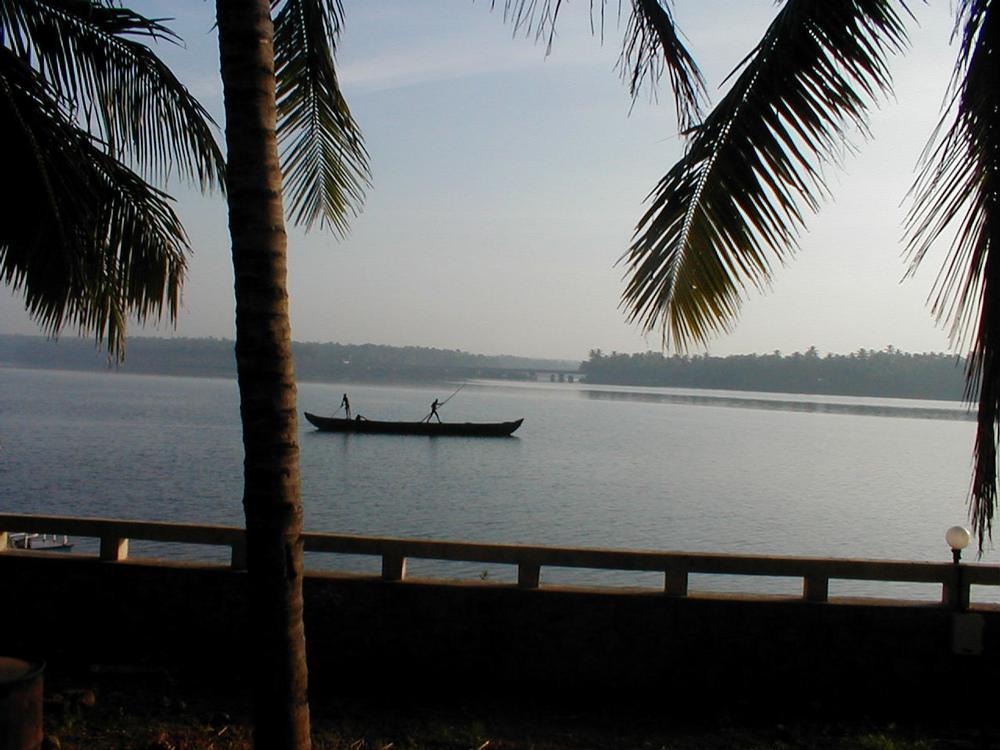
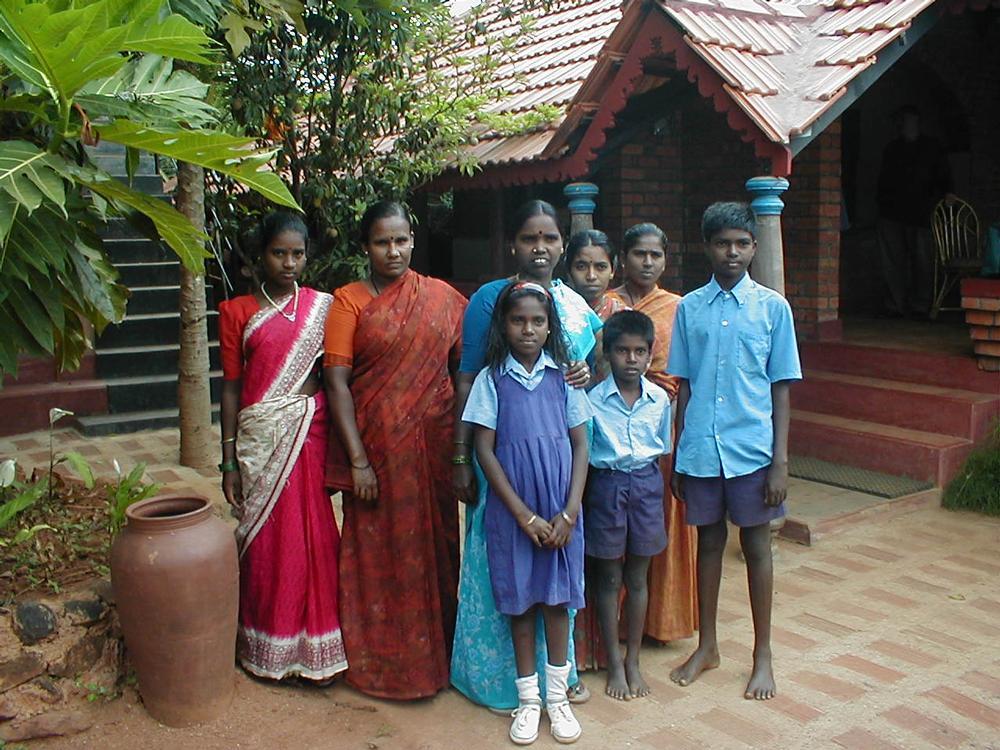
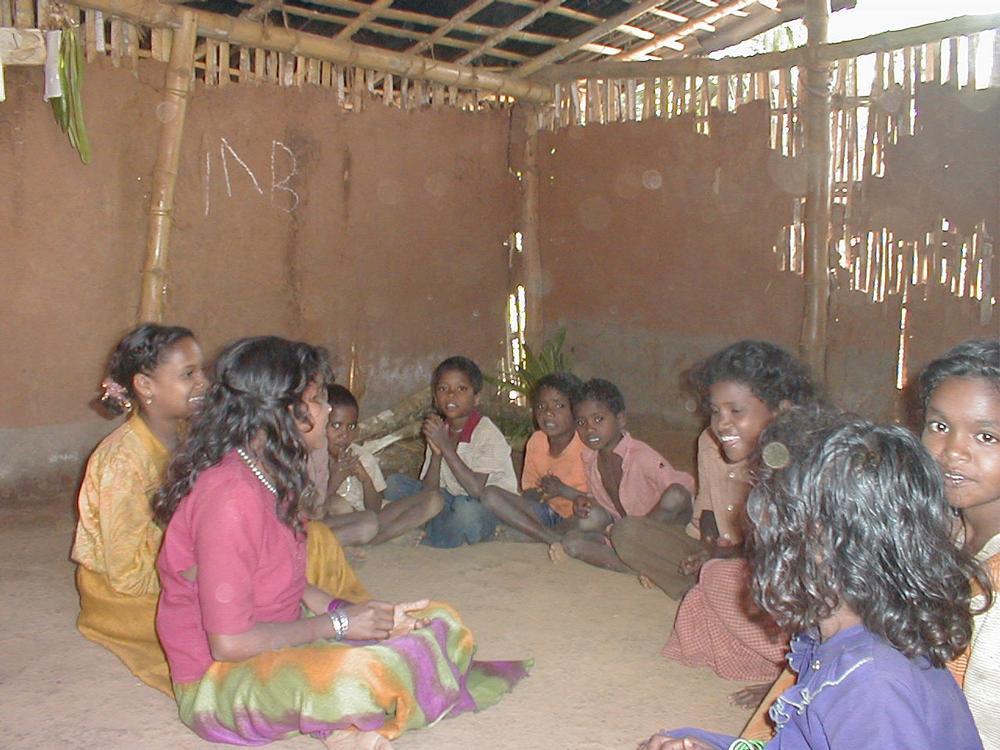
Ramapo Semester in South India
Credits: 16
Program Location: Bangalore, India
Term: Semester
All students in good academic and judicial standing are eligible.
Faculty / Program Team

Ruma Sen, Professor of Communication Arts, rsen@ramapo.edu

Ashwani Vasishth, Associate Professor of Environmental Studies, vasishth@ramapo.edu

Sanghamitra Padhy, Assistant Professor of Law & Sustainability, spadhy@ramapo.edu

Nikhil Varma, Assistant Professor of Management, nvarma@ramapo.edu
Renowned faculty from Indian universities along with famous writers, journalists, practitioners, NGOs, entrepreneurs and activists will deliver lectures to students throughout the semester.
Program Description
Students register for 4 courses (each worth 4 credits) for a total of 16 credits. Courses may fulfill requirements in the Sociology, International Studies, Management and Environmental Studies majors, the Anthropology minor, the Honors Program and General Education requirements as well. Course credit towards other majors is possible with permission. As a student you will "live your courses;" all of these courses include a wide range of experiential learning opportunities such as frequent trips to temples, markets, urban and rural development projects, service experiences and cultural sites.
Academic Program
The program is designed to program students of many disciplines the opportunity to participate in this program and meet their academic requirements. The academic program is designed as follows:
Required Courses:
Indian Culture & Society (INTD 201)
Field Research Project (INTD 409)
Additional Courses (pick 1):
Sustainable Development in India (INTD 231)
Global Indian Media & Culture (COMM 357)
Additional Courses (pick 1):
Human Rights in India (INTD 303)
Micro-Enterprise in South India: From the Bottom of the Pyramid (INTD 3xx/MGMT 3xx)
Course Descriptions
Indian Culture & Society (INTD 201)
This course will introduce students to pre- and postcolonial Indian history; social diversity, including class, caste, and gender, philosophical, spiritual, and religious traditions; contemporary political and economic issues and some basic conversational Kannada, the local language.
Sustainable Development in India (INTD 231)
The idea of "development" has had a major influence on the formation of economic, social and political institutions, spanning from the post-Independence period to modern-day India. Broadly, the story can be told on three interwoven themes: hyper-modernization, appropriate technology and sustainable development. This course will trace the trajectory of these three themes: in the West, in India and in the Developing World, as undergirded by Ghandian calls to self-sufficiency and sustainable development. Beginning with post-independence India, "development" was institutionalized through centralized planning apparatuses, such as large-scale modenization programs to increase agrarian and industrial production. In later phases of Indian development, these ideas moved from the "mixed economy" approach to the recent "liberalization" and integration of the economy into the global economy. The course concludes with an analysis of the rise of the non-governmental sector in India, with their calls for a more appropriate approach to technology and sustainable development.
Human Rights in India (INTD 303)
This course explores ways in which people in India are organizing to achieve social justice and working to find solutions to economic, social and political problems. The course begins by reviewing the legal and political structures that shape the lives of India's citizens. Through readings, lectures, and excursions, students learn about the history and contemporary forms of several key social movements in India, including the women's movement, sexual minorities' movement, child rights movement, environmental movement, and tribal (adivasi) movement.
Global Indian Media & Culture (COMM 357)
Globalization and the Indian Cultural Industry will engage students in exploring the ramifications of globalization on the production and consumption of Indian cinema globally, with a focus on the emergence of Bollywood as a transnational phenomenon in the past decade. The Indian cultural industry will serve as a case study for understanding the relationship between the branding of a culture and a nation, and its impact on the construction of national and cultural identities. Through readings, screenings, class and online discussions this course will discuss a range of topics including but not limited to the following: (1) defining the Indian cultural industry with focus on the exponential growth of Indian film distribution and exhibition globally; (2) the impact of international audience responses to Indian cinema and filmmakers; (3) Bollywood: a misnomer for Indian cinema; (4) Bollywood as a course for "global flows" of culture; (5) the evolution of Bollywood into a global phenomenon--its strategic marketing and its visual aesthetic appeal; (6) diaspora's consumption of Indian cinema; (7) the pervasiveness of the cultural industry across fashion, music and lifestyle; and (8) the framing of "Brand India" and its relationship to globalization.
Micro-Enterprise in South India: From the Bottom of the Pyramid (INTD 3xx / MGMT 3xx)
This course is designed to provide an understanding of organizational business models and studying organizations that either collaborate with or focus on doing business with the bottom of the pyramid. Organizational levers that impact the business model and the innovation and creativity aspects are specifically studies. Students experience and study current organizations in this course. On completion of this course students will be able to assess business opportunities, design sustainable business model for organizations in the bottom of the pyramid space.
Field Research Project (INTD 409)
In this course, students conduct qualitative field research to investigate a topic related to development or social justice. This course requires students to complete field study research involving interviews, observations and qualitative analysis and to present a paper at conclusion of the semester. Possible projects include eco-development, water rights, urban pollution, family planning and health issues, human rights issues, caste or gender inequality and empowerment, women and microcredit, social themes in Indian film and literature, and progressive media.
Learning Outcomes
- Draw comparisons between their own culture and that of India
- Analyze the trends of social movements in South India
- Examine the effects of sustainability on development and globalization in India
- Initiate individual research projects including fieldwork
- Practice cross-cultural communication
Student Assessment
Evaluation will differ from course to course, ranging from a variety of final examinations, reflection papers and self-initiated research projects.
Excursions
Students will spend approximately a third of their semester on field trips outside of Fireflies during the 15-week semester. Trips will include visits to development projects promoting women's literacy and ecological sustainability, ancient temples and palaces, and tribal villages. During the Field Research Project course, students will remain at Fireflies and conduct research in the Bangalore area.
Site Description
The Ramapo College South India Semester Program is based at the Fireflies Intercultural Centre, thirty kilometers from Bangalore, in a beautiful grove of fruit trees and flowers on a hill that slopes down to a lake. Fireflies is concerned with promoting Earth spirituality, the resolution of ethnic violence, and the deepening of democracy and civil society in India. Fireflies hosts international events and seminars on social transformation. Pipal Tree, an organization located at Fireflies, conducts local workshops for the cultural revitilization of religion, myth, folk traditions, dance, arts and crafts, as well as conflict resolution, environmental resources and spirituality. Students will also travel widely in South India as part of their coursework.
Accommodations
Students live and study at Fireflies for most of their stay and will share comfortable double bedrooms, each with attached bath. The Fireflies campus has conference halls, meditation centers, walking paths, computers, wireless internet service*, a library and several dining pavilions. During field trips, accommodations will include educational institutions and hotels with roughly equivalent facilities. Leisure activities include pottery, volleyball, carom board, scrabble, swimming in an outdoor pool, and exploring sites in and around Bangalore, such as the Banerghatta tiger reserve (at student's own expense).
*Internet service may be intermittent due to local realities
Program Costs
Approximately $TBD ($TBD non-NJ residents).
Program fee includes:
- 16 credits (tuition & fees) from Ramapo College of New Jersey
- Round-trip airfare from NYC to Bangalore, India
- Accommodations in double room
- Most meals
- All program-related excursions and entrance fees
- Comprehensive international health and security insurance (GeoBlue, Inc.)
- Indian immigration entry visa
- 24/7 on-site support staff
- Academic materials (i.e. books)
- Preparatory & administrative costs
Program fee does not include:
- Some meals
- Immunization fees
- U.S. airport transfers
- Costs associated with the Field Research Project Course (i.e. research materials & travel, etc.)
- Personal expenses (i.e. independent travel, etc.)
- Supplemental dietary needs
- Fees associated with flight date changes
| Payment Timeline |
Commitment &
$500 Deposit (non-refundable) |
October 15 |
| Payment #1: |
November 1 |
| Payment #2: |
November 15 |
| Payment #3: |
December 1 |
Late Fees
A late fee of $35 will be assessed for each payment not received by the payment deadlines communicated to you by the International Programs Office. Note: There will be a 3-day grace period before a late fee is assessed.
Contact Us
For more information regarding application process, important dates and deadlines, scholarship information, contact the International Programs Office by email at goabroad@ramapo.edu, by phone at 201-684-7533 or by visiting our website.

